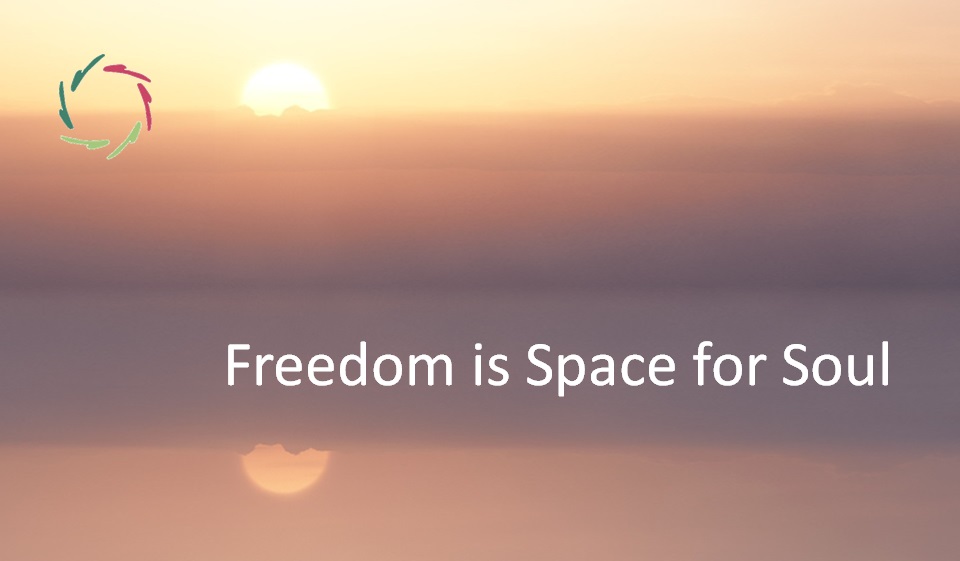Sacredness, Sacrilege, Openness

In matters of traditional religion, this turns everything inside out. The words one uses are unimportant. What lies behind is hugely important.
►►► WHY read this? To relieve suffering and enhance human growth through what is most important for many.◄◄◄
Enemies
God-fearing people still frequently see atheists as their enemies. An atheist doesn’t say: “I believe in God.”
What is ‘God’?
What is ‘to believe’?
What is ‘I’?
Without a decent answer to these, it is no proper sentence.
Without a decent answer, the sentence is a sacrilege
since it purports something about the divine that doesn’t fit anything, thereby misusing it for a meaningless purpose.
That is the core of the concept of sacrilege: to ‘steal what is holy for an untoward purpose.’
It’s not through using religious words that one is immune to sacrilege. Quite the contrary. Saying “I believe in God” without caring for what one is saying comes down to theft of the sacred from its sacred space. Unfortunately, this happens frequently.
Sacred space is symbolic
even if it correlates with an area in four-dimensional time-space. The sacred space is the symbolized one.
To grasp this, one needs to know about the ‘symbolic.’ [see: “Symbols and Signs“] It’s not conceptually difficult, but also not common knowledge, thus perhaps challenging to make a deep switch.
Being able to make such a switch is what religion is about.
What is Openness in this?
Everything.
The Openness of which I like to talk (Open Leadership, mindfulness, religion) is the one through which you can see what lies behind. It is an Open door to sacred space that can be present everywhere.
As belongs to sacredness: It is not somewhere, but everywhere. Not at any moment or time frame, but always present.
In a future Heaven, the future is also now, and Heaven is also here.
Openness – as in Open Leadership – is the realization that this is the case perennially. One can use exalted words to describe it, or just simple, humble terminology.
Enemies?
God-fearing people should care about conceptual distinctions. These are crucial, especially in religion.
One may be an atheist oneself without knowing. On the other side, an atheist may be more religious than the one who denounces him as an ‘enemy of religion.’
I urge all God-fearing people to make an immense and continuous effort to find out inside, or even beyond inside, what it’s about.
If you Openly listen, you hear what is sacred, no matter the words you use to describe it, on the condition that you put your soul into the effort.
Nothing else.
Sacredness is not a privilege of one who uses certain words.


